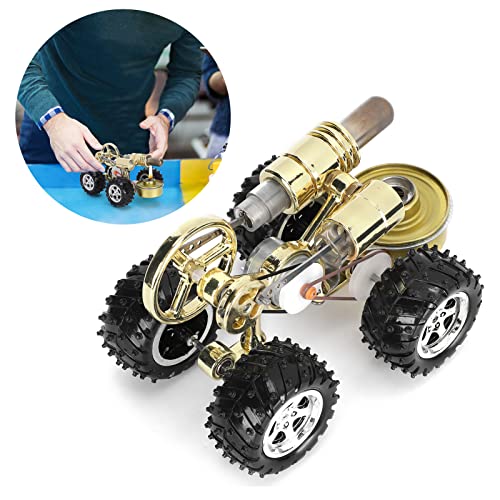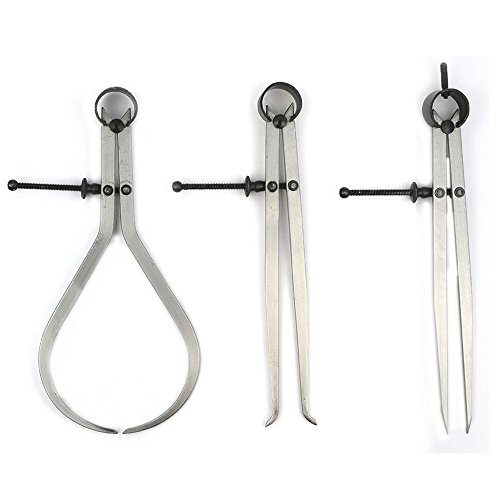ajoeiam
Well-Known Member
- Joined
- Aug 14, 2020
- Messages
- 1,042
- Reaction score
- 308
Greetings
In process of wanting to buy tooling.
There are a LOT of options (like a stupid amount in fact).
What am I doing?
Fabricate anything and everything from some small stuff to large stuff (well beyond table top equipment capable stuff).
I've used brazed on carbide tooling, insert stuff, a very small amount of HSS tooling (mostly milling tools) and some other stuff when needed.
Trying to come up with a plan for a group of tools to start with.
Thinking I want to stay as flexible as possible so the same tool holders can be used on most any machine.
Not sure if I'm better buying a decent drill set (letter, number and fractional) to 1/2" and then to 1" by 16ths or should I just get same but as teeny weeny to 13.0 mm by 0.1 mm or should that be by 0.5 mm and then to 25 mm and that should be by 0.5 mm. I will be tapping holes in both fractional and in metric but I would rather not have drills in both series if I can help it.
What say you?
(Any suggestions for ways of getting anything on your list reasonably would be wonderful.
There are far too many things I want and far too little money to not try to reduce costs!)
In process of wanting to buy tooling.
There are a LOT of options (like a stupid amount in fact).
What am I doing?
Fabricate anything and everything from some small stuff to large stuff (well beyond table top equipment capable stuff).
I've used brazed on carbide tooling, insert stuff, a very small amount of HSS tooling (mostly milling tools) and some other stuff when needed.
Trying to come up with a plan for a group of tools to start with.
Thinking I want to stay as flexible as possible so the same tool holders can be used on most any machine.
Not sure if I'm better buying a decent drill set (letter, number and fractional) to 1/2" and then to 1" by 16ths or should I just get same but as teeny weeny to 13.0 mm by 0.1 mm or should that be by 0.5 mm and then to 25 mm and that should be by 0.5 mm. I will be tapping holes in both fractional and in metric but I would rather not have drills in both series if I can help it.
What say you?
(Any suggestions for ways of getting anything on your list reasonably would be wonderful.
There are far too many things I want and far too little money to not try to reduce costs!)
Last edited:




























![MeshMagic 3D Free 3D Modeling Software [Download]](https://m.media-amazon.com/images/I/B1U+p8ewjGS._SL500_.png)





















![DreamPlan Home Design and Landscaping Software Free for Windows [PC Download]](https://m.media-amazon.com/images/I/51kvZH2dVLL._SL500_.jpg)










